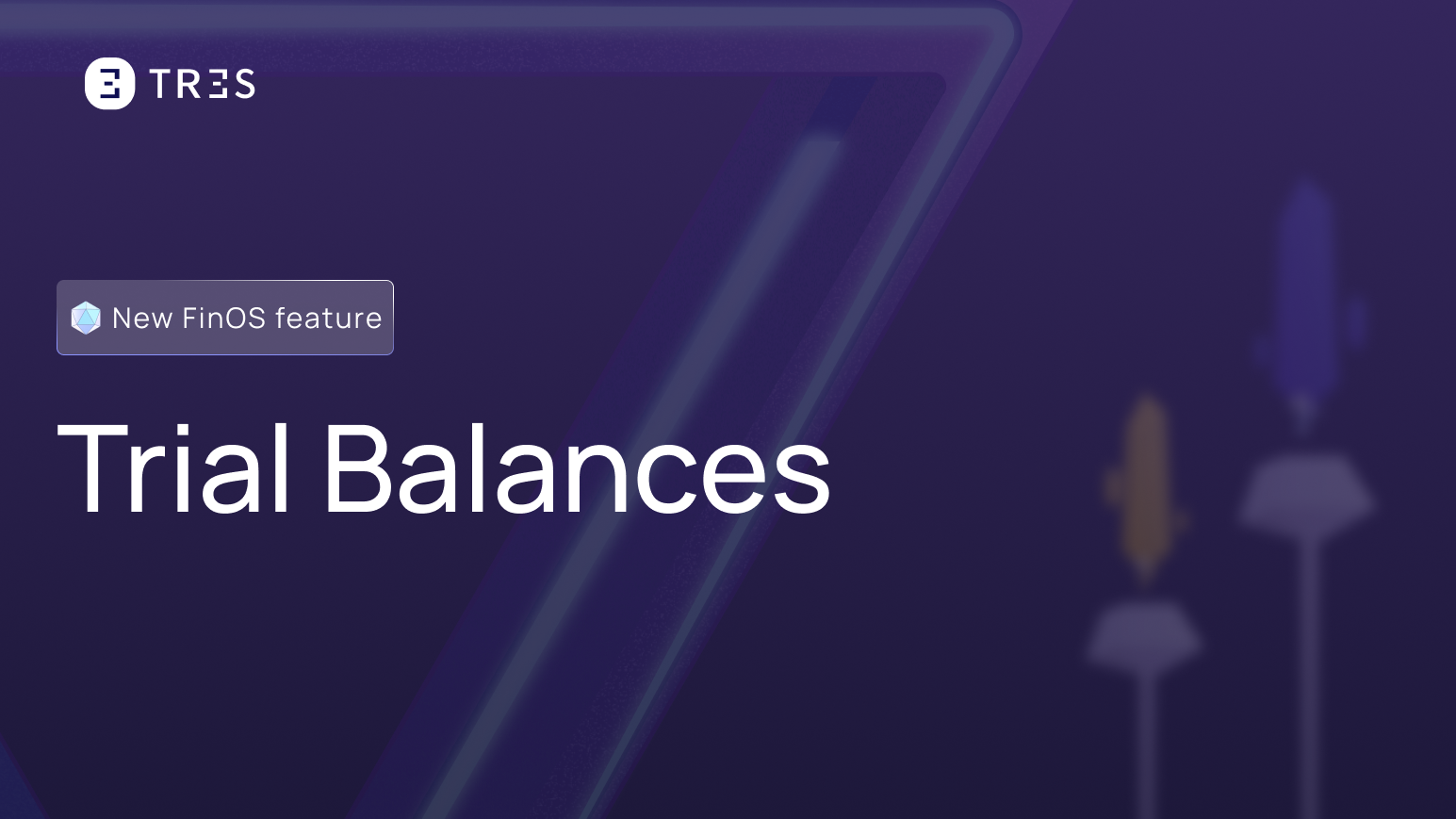
If you’re earning staking rewards from digital assets like Ethereum, Solana, or Cardano, you owe taxes on them in the U.S. The IRS treats crypto as property (not currency), and staking rewards are considered ordinary income when received. This was confirmed in Revenue Ruling 2023-14 and still applies in 2025.
Let’s break down what this means for you:
When are staking rewards taxed?
Staking rewards are taxed as income when you have “dominion and control”, in simple terms, when you’re free to use them without permission from any third party.
What’s considered taxable? Usually when rewards hit your wallet, even if they’re subject to a short lock-up.
Example: If ETH staking rewards are credited today but unlock next week, you report them for tax next week, when you can actually use them.
Rewards aren’t considered taxable when you’re just moving staked tokens between your own wallets.
But be careful: Unstaking or redeeming liquid staking tokens (like stETH) can trigger capital gains.
How are rewards valued?
Once you receive your rewards, you must determine their Fair Market Value (FMV) in U.S. dollars at that exact moment.
To do that, use the spot price from an exchange or a reputable source (e.g., CoinGecko).
Example: If you receive 0.5 ETH on Sept 14, 2025, and at that point in time, ETH is worth $3,000, you have to report $1,500 in income, even if you didn’t sell it.
What tax rates apply to your staking rewards?
Your staking rewards are taxed like a paycheck – ordinary income tax rates apply:
- Federal tax (10%–37%): based on your total income and filing status
- State tax( 0–13.3%): depending on where you live
- Self-employment tax (15.3%): Only applies if staking is part of a business (e.g., if you’re running a validator node professionally)
Then, when you sell the staking rewards later:
- You’ll calculate capital gains/losses based on how much the token has changed in value since you received it.
- Following the previous example, if you sell that same 0.5 ETH later for $3,500 → you’ll pay capital gains tax on the $2,000 profit.
How do you report staking on taxes?
To report your income from the rewards you need to present Form 1040, Schedule 1, Line 8z (“Other Income”).
Forms you might receive:
- Form 1099-MISC: From exchanges, if you earn over $600 in rewards.
- Form 1099-DA: New in 2025, used by brokers for digital asset sales, but doesn’t yet apply to staking rewards.
Note: Even if you earn less than $600, you still need to report it.
Special cases and gotchas
Not all staking situations are straightforward. Here’s what to keep in mind:
Staking pools & liquid staking: Following the “dominion and control” principle, you’re only taxed when rewards are distributed to you. Moreover, pool fees may be deductible for business stakers.
Airdrops & forks related to staking: Also generally taxed as income when received.
Losses: If the reward drops in value before you sell, you can claim a capital loss to offset other gains (up to $3,000/year).
International platforms: You must self-report. Many won’t issue U.S. forms like 1099s.
IRS updates for 2025:
The IRS has issued new guidance to make reporting and tracking easier:
- Revenue Procedure 2024-28: Helps allocate cost basis across wallets.
- Notice 2025-07: Offers temporary relief for brokers identifying wallet owners.
Compliance tips
Want to stay on the IRS’s good side? Here’s how:
- Track everything: Use a digital assets tax software like TRES to calculate FMV, import wallet/exchange data, and generate forms.
- Keep records: Wallet addresses, timestamps, transaction hashes, and price data, save them for 3–7 years.
- Report it all: Even tiny amounts – failing to report can trigger a 20% penalty (or worse if it’s deemed fraud).
- Know your state rules: Some states, like California, tax staking income fully. Others, like Wyoming, may not.
- Get help: A crypto-savvy CPA or tax attorney is worth the investment, especially if you stake large amounts or operate a business.
Have any questions? Book a demo with one of our CPAs and see how TRES can help you stay audit-ready.
Interested in TRES?





